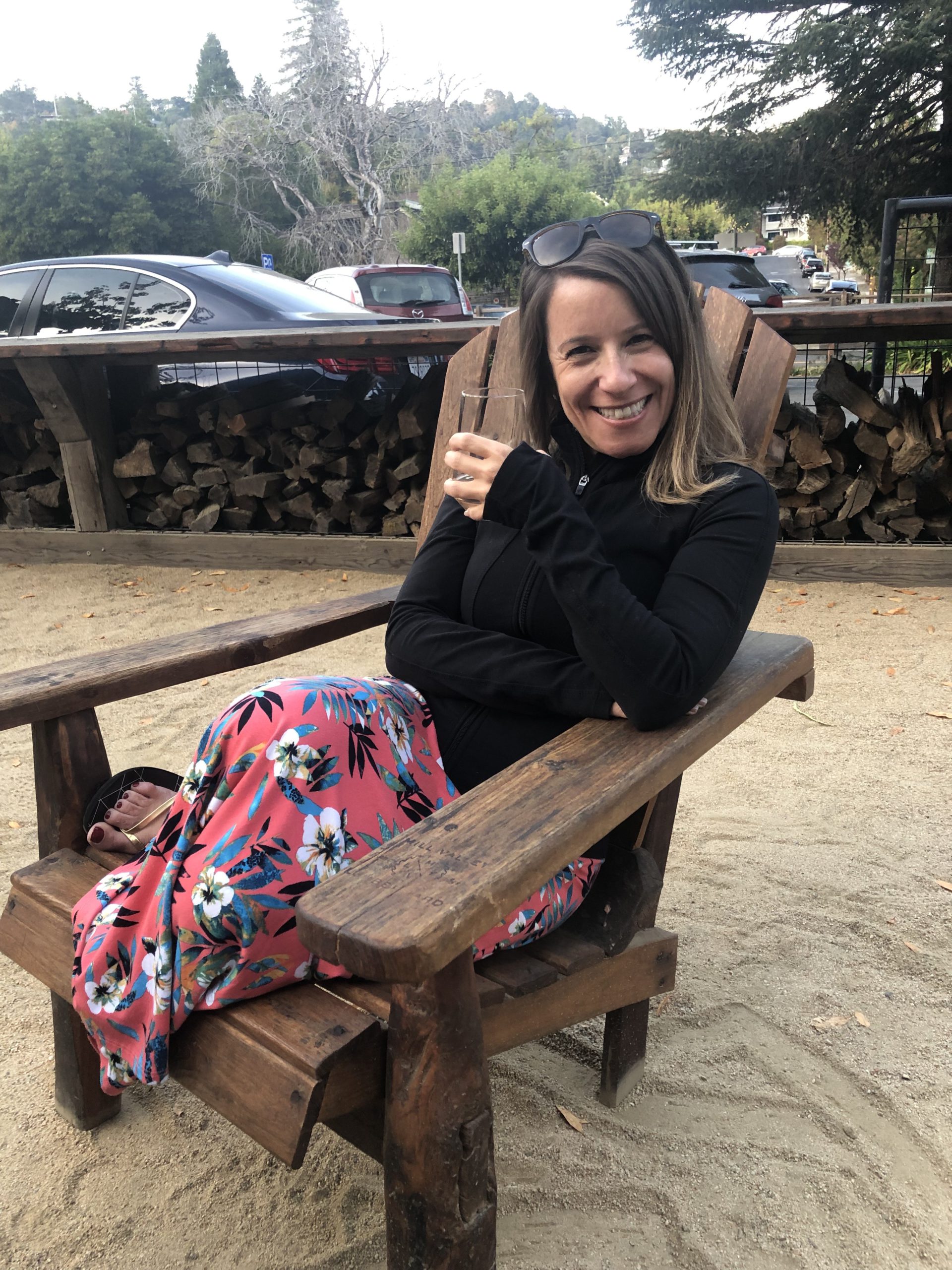Years ago, when Katie Murphy worked in HR for a national retailer, an employee was discovered napping in a child’s sleeping bag stored in a textile room–HR investigated and learned he had spent a long night out on the town and was simply tired.
Murphy has remembered that story throughout her HR career. But as the new vice president of HR at Trifacta, a software firm that develops data-wrangling software, she now confronts more serious issues. HRE spoke with Murphy about her new challenges and responsibilities, the pandemic, and how she’s staying calm and focused.
HRE: Before the pandemic, about half of your 200 employees worked remotely. Now all do. What problems did HR face shifting to an all-remote workforce?

Murphy: At first, we wanted to transition people safely, making sure they were healthy, that the work would move forward in a seamless way. Then, we realized they were having trouble managing the boundaries in their life between work and home. So, managing the stress levels around what people are experiencing right now in the midst of COVID is a part of that transition. It’s actually very challenging because people have such unique life experiences. The next wave of challenges was ensuring that people have a sense of wellness and also feel like they can take time off for family.
Murphy: We actually decided not to bring people back right away. We’re waiting to see in the fall if there will be a second or third wave. We want to keep everyone safe and working.
See also: Concerns about returning to the workplace
HRE: What changes has HR implemented since you stepped into this role in February?
Murphy: We’re actually going to be taking a company-wide day off every quarter, which we’ve never done before. We’re also introducing volunteer days so employees can take time off to volunteer. We recognize there are a lot of different needs in the world right now and want to make sure employees are supported. We also walked managers through a facilitated training on how to check in with [remote] employees to make sure they’re managing their boundaries, set calendar time with them, be thoughtful about time zones and encourage people to take time off.
HRE: Meanwhile, you’re also tackling diversity and inclusion. What are your plans?
Murphy: We’re introducing a new program around diversity and inclusion. We’re doing a diversity audit within the organization and identifying diversity goals that are accountable. We are going to be rolling out an unconscious-bias training for everyone in the organization and developing and posting statements on our website to ensure that we are recruiting candidates who know that they would feel a sense of belonging and inclusion in our organization.
Related: Is ‘belonging’ the new ‘D&I’?
HRE: As more employees convert into remote workers, what will be HR’s new priorities?
Murphy: Training people on how to manage remote employees, communicate with them and manage their time differently is going to be extremely important. In the future, we’re thinking about [enabling] people to work from home or anywhere, untethering them from working at our headquarters or one location. People will be able to make decisions [on where they want to work] mostly based on their personal situation, not necessarily where the company exists.
HRE: Considering the changes caused by COVID-19, what skills do people now need for an HR career?
Murphy: There’s a lot more turbulence that we’re encountering on an ongoing basis. Those [related] events are going to be coming up in our lives much more frequently. Ideally, an HR person has to be extremely adaptable and understand that a lot of the nuances in the world are continually shifting beyond current events. People have to make sure they can pivot in a knowledgeable, educated way.
HRE: In your previous HR job at another software firm, you also had to pivot when developing an immigration policy.
Murphy: In the past four years, immigration in the U.S. has changed. I needed to pivot and do a deep dive. I had to get really educated about what was changing and [keep pace with] how quickly it was changing. I am really proud of building out a very strong immigration policy that stayed a couple of steps ahead of what was happening or coming out of the administration and worked diligently alongside people who were in the U.S. for five to seven years to help them feel secure. Although we haven’t had to get as involved with that in this company, I will be infusing a lot of those principles into Trifacta.
Murphy: I probably [show] a serious face all the time because we are tackling serious issues, but I love to laugh and am an outdoorsy person. I love to go hiking, biking, running and swimming. I played soccer for 10 years as left and right wing, forward and sweeper in the Golden Gate Women’s Soccer League until 2014, when I broke my wrist. It was a bad enough break that I ended up having a cast all the way up my arm for 12 weeks. Having my right wrist broken impacted my job so I decided perhaps I should switch over to something lighter like yoga.
HRE: What other HR skills or experiences are you seeking to develop or gain?
Murphy: I want to specialize in developing inclusive work cultures. What I’m looking to do in three to five years is really build out my portfolio around expanding people’s awareness of diversity and inclusion in their organization. That could be a part of a CHRO’s [responsibilities] or doing more of a deep dive and learning more about facilitating and growing that as a part of every industry. That’s part of the whole strategy, developing a holistic view of HR in any organization.

